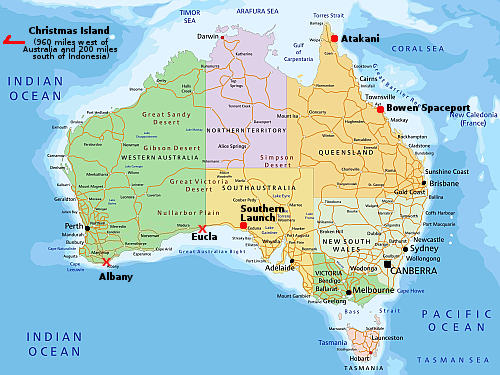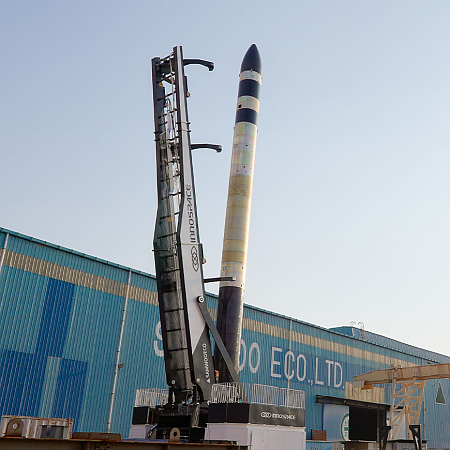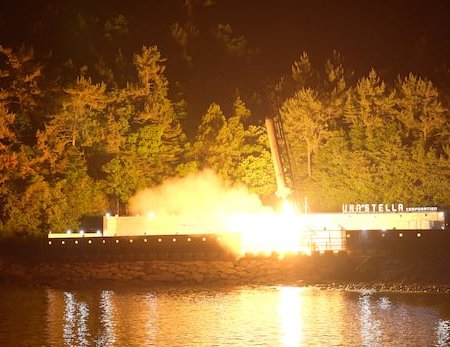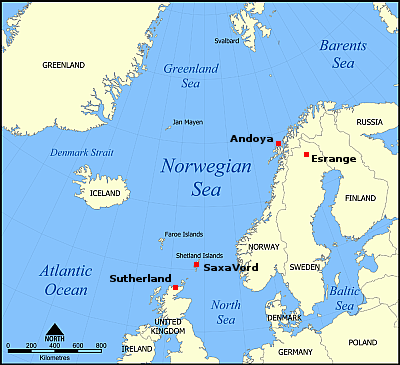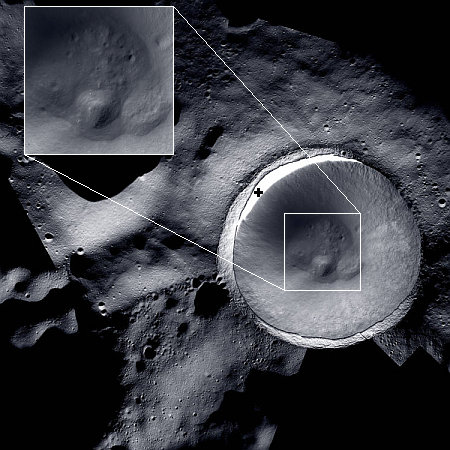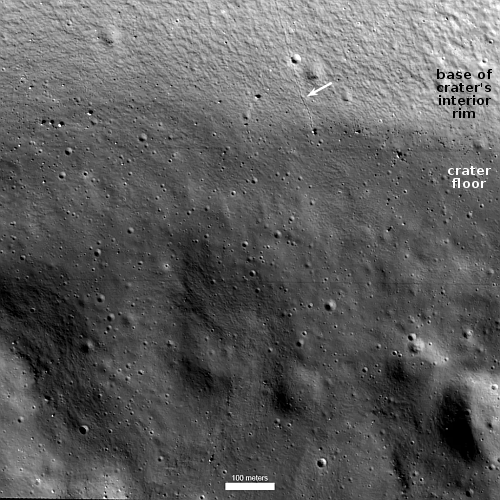The first launch by South Korean rocket startup Innospace fails shortly after liftoff
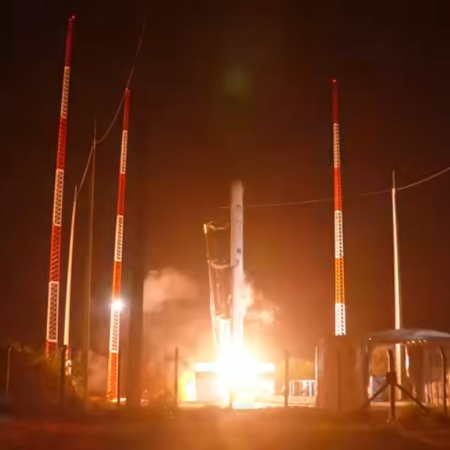
Though details are not yet available, the first launch by South Korean rocket startup Innospace of its Hanbit-Nano rocket failed less than 2 minutes after liftoff from Brazil’s long unused Alcantera spaceport. The failure occurred sometime after the rocket passed through max-q, the moment when the aerodynamic pressure of the atmosphere and the speed of the rocket stresses the rocket the most.
The live stream provided no details, other than to say “we experienced an anomaly during the flight.” No other details have yet been released.
The image to the right is a screen capture of the rocket lifting off the pad, less than a few seconds after T-0. Though the rocket appeared to move upward in a smooth controlled flight, soon thereafter it became impossible to see anything but the bright engine flame at its base. Either the flames were so bright it overexposed the live stream, or the fire was spreading beyond the nozzles. At the moment however we know nothing about what happened.

Though details are not yet available, the first launch by South Korean rocket startup Innospace of its Hanbit-Nano rocket failed less than 2 minutes after liftoff from Brazil’s long unused Alcantera spaceport. The failure occurred sometime after the rocket passed through max-q, the moment when the aerodynamic pressure of the atmosphere and the speed of the rocket stresses the rocket the most.
The live stream provided no details, other than to say “we experienced an anomaly during the flight.” No other details have yet been released.
The image to the right is a screen capture of the rocket lifting off the pad, less than a few seconds after T-0. Though the rocket appeared to move upward in a smooth controlled flight, soon thereafter it became impossible to see anything but the bright engine flame at its base. Either the flames were so bright it overexposed the live stream, or the fire was spreading beyond the nozzles. At the moment however we know nothing about what happened.

